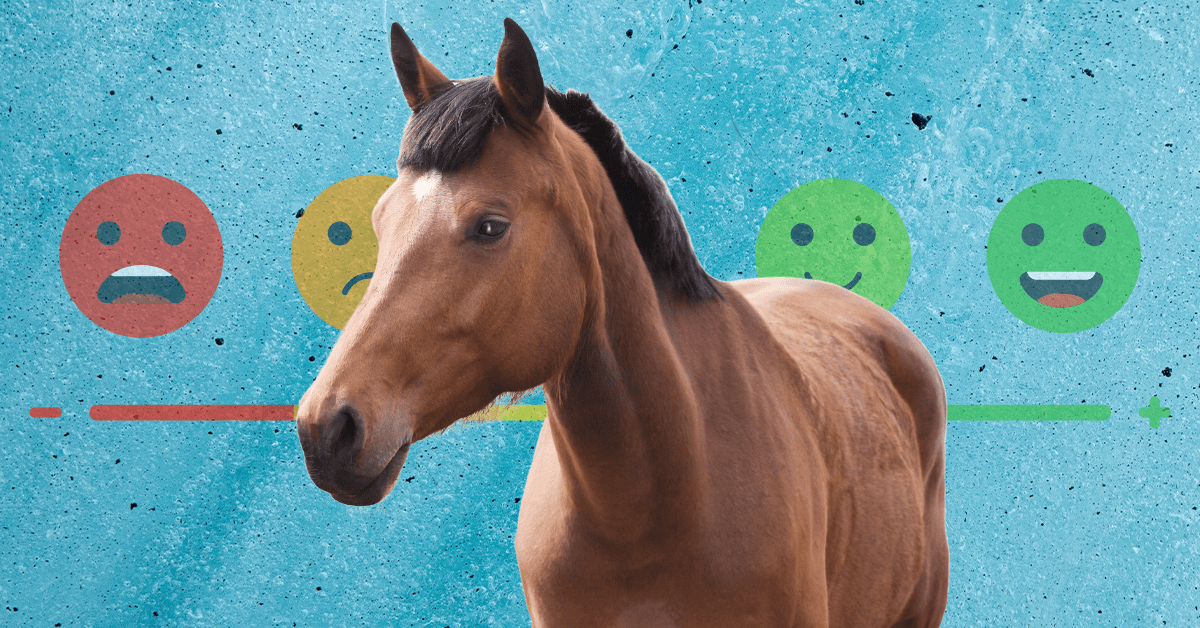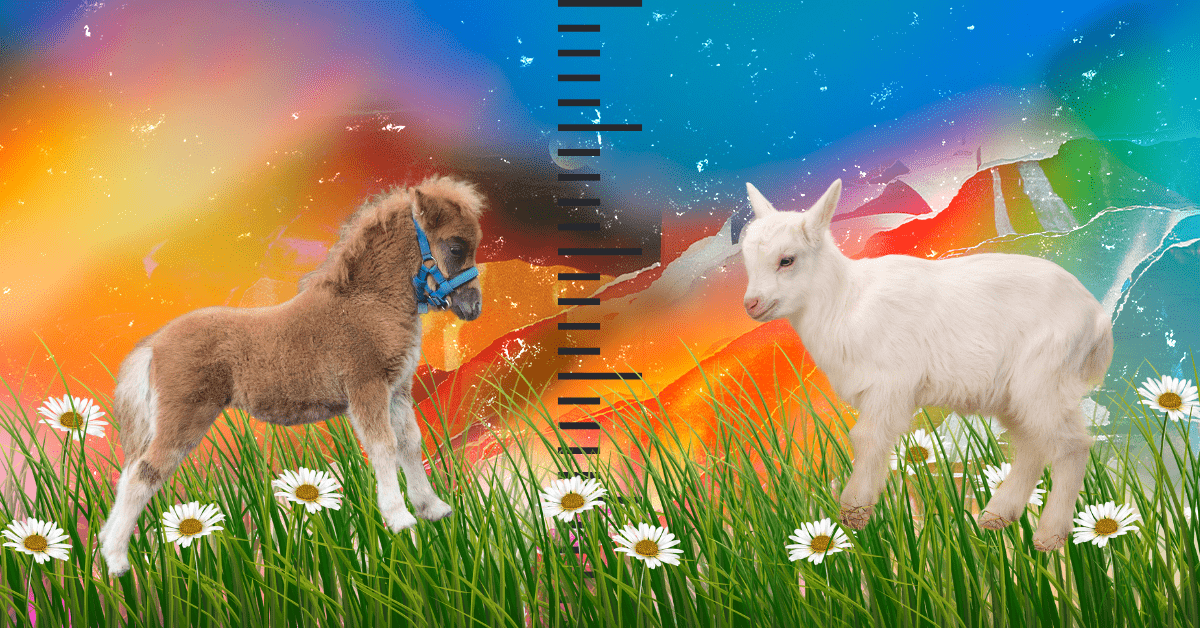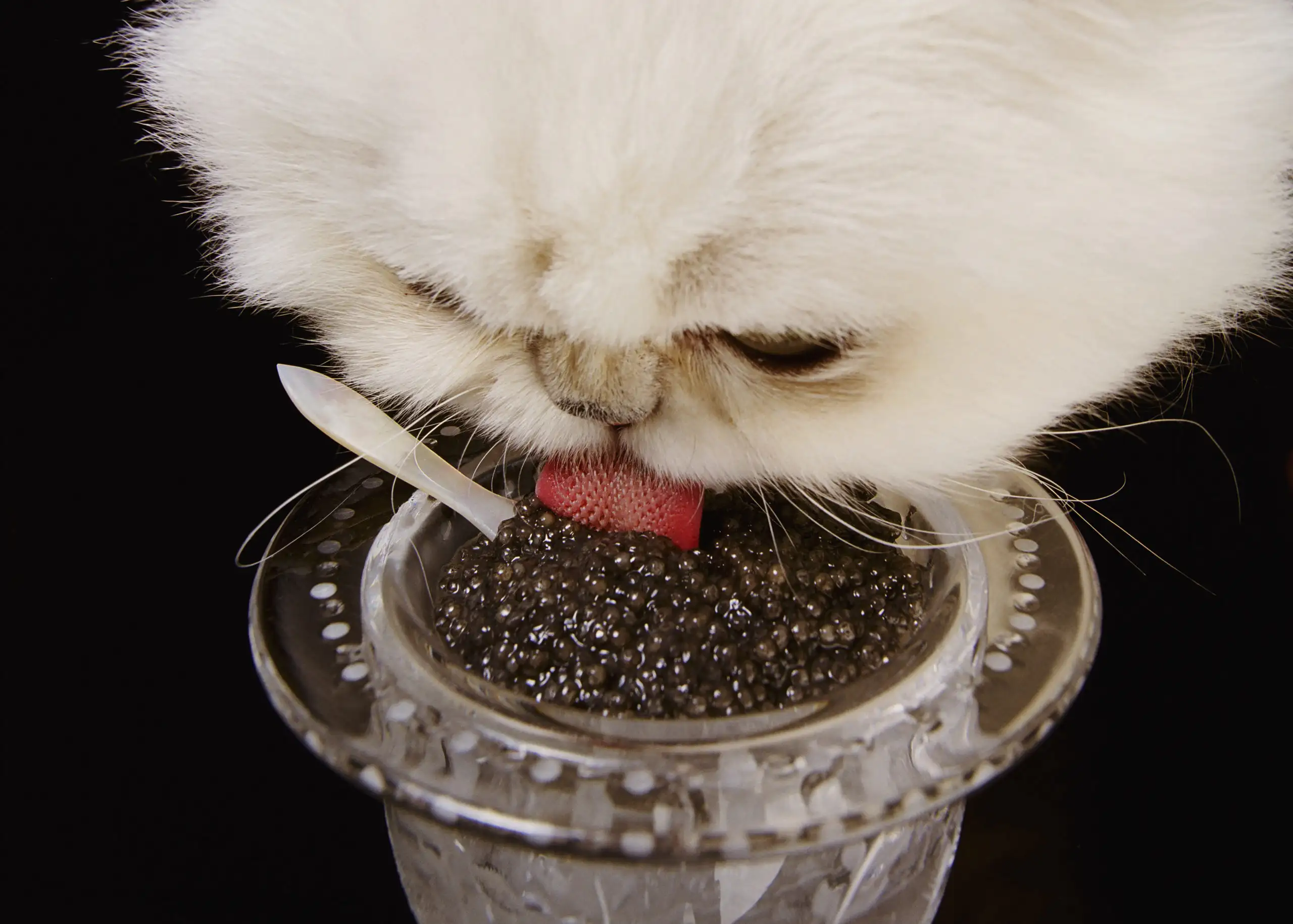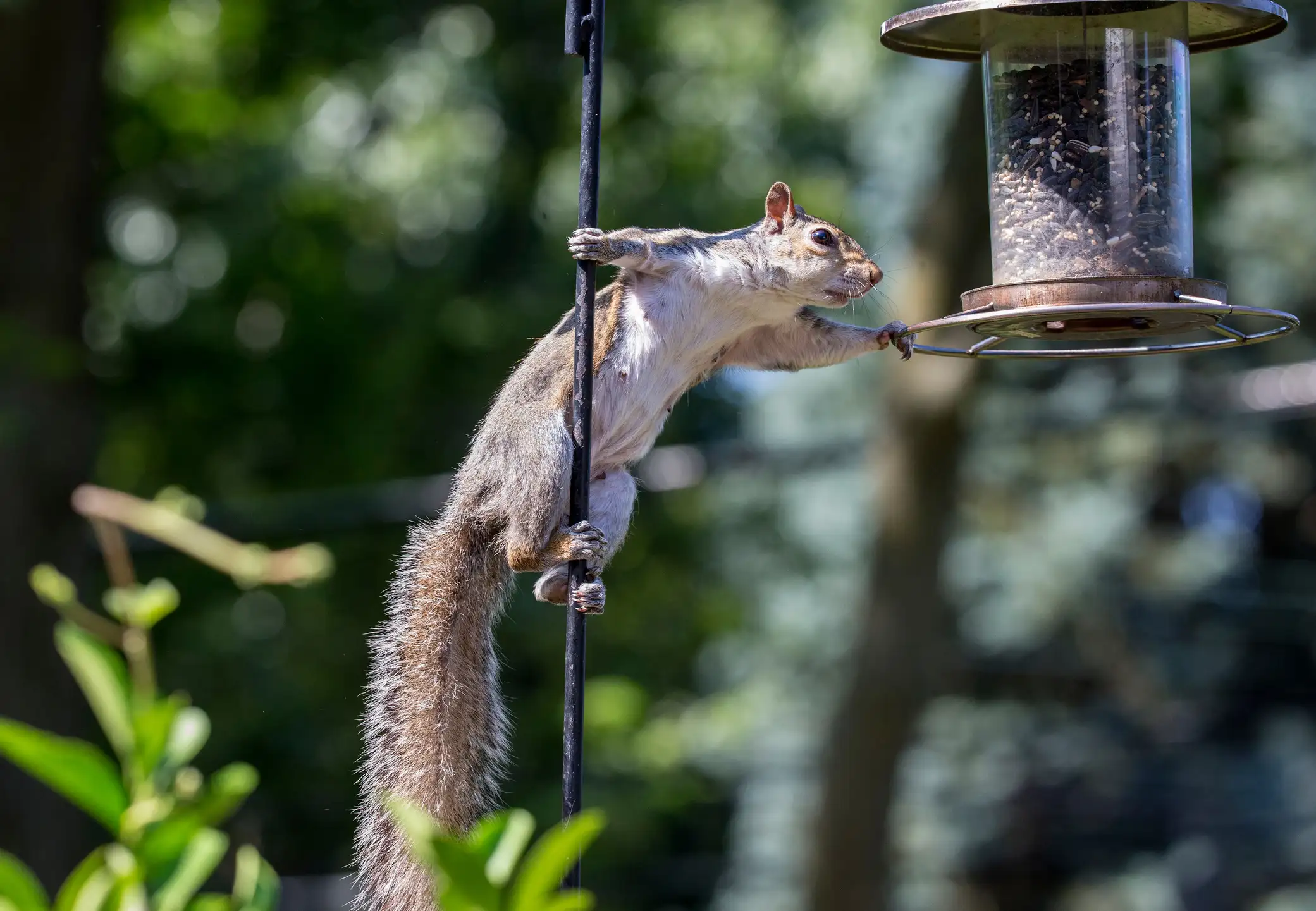Arthur Schubarth, 81, was sentenced to six months in prison and fined $20k for cloning a big sheep.
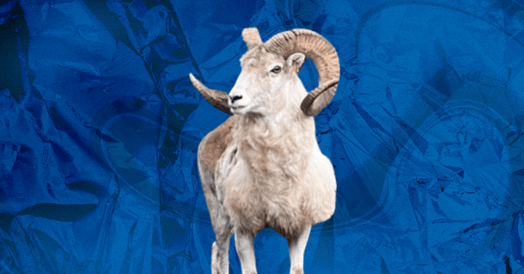
Why’d he want this sheep? Not for a friend, unfortunately — but because hunting sheep for sport is a surprisingly big business.
For big game hunters…
… ram hunting is a serious prize.
As of 2017, there were ~200k wild sheep in North America, down from the millions that roamed before humans showed up, pushed them out of their natural habitats, and killed them with diseases from domesticated sheep, per The New York Times.
Conservation efforts include transplanting sheep, but also limiting hunting opportunities, meaning permits — which, in turn, fund conservation efforts — are expensive.
Hunters can pay $100k+, including tags and guides — and it’s hard, with hunts lasting several days, even weeks, in rough terrain.
Schubarth…
… sought to sell his big sheep to game ranches.
He sent his son to Kyrgyzstan to hunt Marco Polo argali sheep, which can weigh up to 300 pounds. His son smuggled undeclared sheep parts home in his luggage, per Ars Technica.
Schubarth sent the tissue to a lab and paid for cloned embryos, which he implanted into ewes. In 2017, a sheep he nicknamed “Montana Mountain King” was born.
He attempted to breed that sheep with other ewes — and sold its semen to other ranchers — to create a bigger, more expensive sheep, and falsified documents to move his hybrid sheep around.
But you can’t just Frankenstein yourself big sheep, because:
- Marco Polo argali sheep are a protected species.
- They’re banned in Montana to protect native sheep from disease and hybridization — not great for the very conservation efforts other sheep hunters fund.
The government has since confiscated Montana Mountain King and slaughtered some of the other resulting animals, donating the meat to local families in need.
You may be wondering: If I can’t clone a big sheep, how is Colossal, the de-extinction startup, trying to clone a woolly mammoth? Well, the laws have yet to catch up to the tech.
Animals


